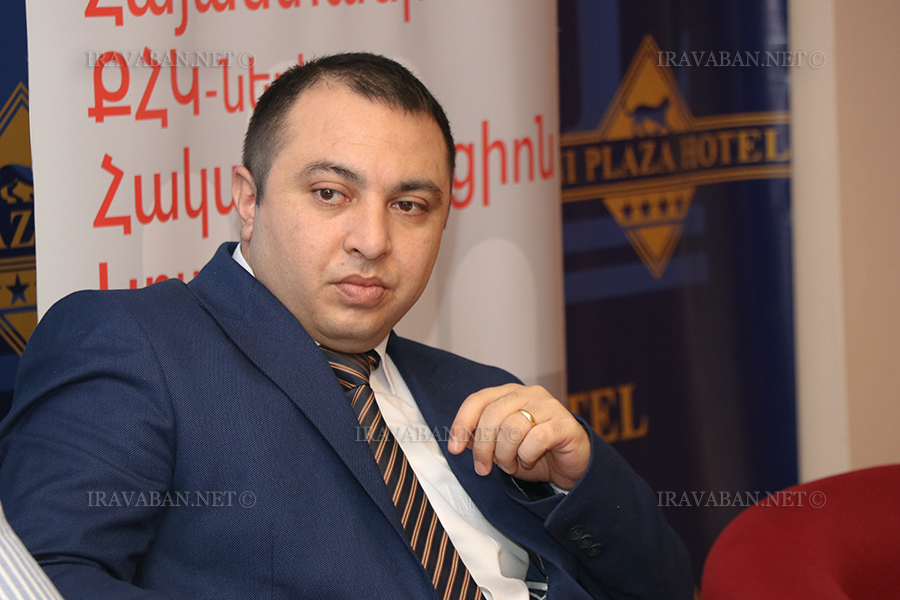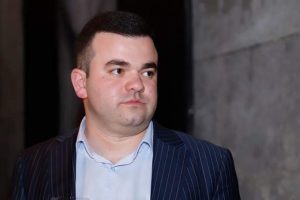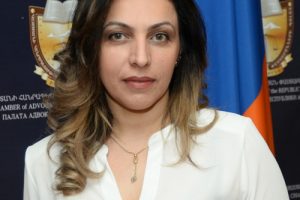The action plan stemming from the Judicial and Legal Reform Strategy 2019-2023 envisages the establishment of a Fact-Finding Commission, including the development and submission of a draft law on its formation and activities to the National Assembly in 2019-2020, having previously discussed it with civil society actors.
Iravaban.net talked about the topic with Mr. Arkady Sahakyan, Chairman of the Governing Board of the CSO Anti-Corruption Coalition, who expressed his opinion on the work done.
In his opinion, the Government should tell the reason for not submitting the draft law on the formation and activity of the Fact-Finding Commission in 2019-2020 to the government for approval and to the adoption by the National Assembly.
“There is an adopted strategy, which envisages certain actions that should be implemented, but have not been implemented. We need to find out why it was not done. Maybe there is an objective reason that we do not know about.
I think the Government should give an assessment of all this first, after which we, as an Anti-Corruption Coalition, should evaluate, depending on their answers and assessments, whether it was possible to do such a large-scale work during that period. In my opinion, it will be objective if we listen to the government’s explanatiobns and the reasons for justifying what was not done, “Arkady Sahakyan said.
According to him, there is a lack of professionalism and there are no specialists who will deal with these issues and give a professional answer to all that.
Arkady Sahakyan notes that members of the Government are reluctant to use the potential of professional NGOs that can take on that role: conduct research, gather arguments, and present reports, facilitating the work of the Government.
“On the other hand, it will provide a good opportunity to show a positive working example of a state-professional civil society, which, unfortunately, does not exist at the moment,” he said.
Referring to the possibility of establishing a commission, Sahakyan said, “It is a matter of will. Everyone understands that there have been violations of human rights and legitimate interests. If the restoration of the rights of these people coincides with the interests of the state, the interests of the society, of course, we should strive to have such a commission and the opportunity to review those cases.”
To the question whether the rights of the victims of the violations that took place in Armenia during 1991-2018 will be restored as a result of the commission’s activity, as envisaged by the strategy, Arkady Sahakyan said, “An analogy must be drawn with international law. It states that if there is an opportunity to compensate for damages without initiating a criminal case, the state should provide that opportunity. This is one of the principles of restoring the state property. I think this method can be used in this case as well, although we still do not know what the reasons for the violation of those rights are, if as a result of the violation of this right a person has been deprived of liberty, property has been destroyed or health has been damaged. In this case, the damage cannot be repaired, but at least compensation must be paid.”


















